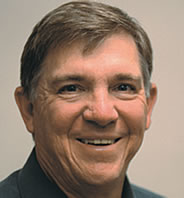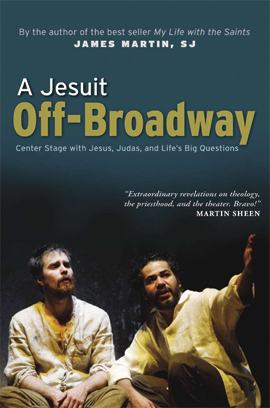"Shakespeare: The World as Stage,"
by Bill Bryson
William Shakespeare's birth was recorded in Latin, but he dies in English.
It's a factoid that summarizes well the impact that playwright and poet Will Shakespeare had on his native tongue -- and it's been a lasting impact. More than 400 years later; English speakers around the globe use -- without knowing their source -- words and phrases created by the Bard of Avon.
If you've ever said, one fell swoop, vanish into thin air, be in a pickle, cold comfort, foul play, tower of strength, you've been quoting Shakespeare.
Bill Bryson points to a dozen or so words first found in Shakespeare, too, but he digs up little known facts about Shakespeare the man, not just the literary figure, to keep the interest of any reader, not just wordsmiths.
Bryson posits, for example, that Shakespeare exploited the defeat of the Spanish Armada (1586), leveraging renewed British patriotism to stage his history plays to the audiences of the day.
Those audiences were working people primarily, evidence that Will knew how to write for the masses. Although late 16th century laborers were poor, they found Shakespeare's plays worth spending a pence or two to get into the Globe Theater for a "groundling" spot.
A couple times throughout the book there references to Shakespeare's religion. Was he Catholic? Not enough evidence to say one way or the other, Bryson concludes, but what his research offers is insight into the anti-Catholic prejudice of the day.
Catholics were seen as such a threat to the government after the failed "Powder Treason" of 1604, where 36 barrels of gunpowder were found in a cellar beneath Westminster Palace and one Guy Fawkes waiting for the signeal to light the fuse. Bryson reports, "The reaction against Catholics was swift and decisive. They were barred from key professions and, for a time, not permitted to travel more than five miles from home. A law was even proposed to make them wear striking and preposterous hats, for ease of identification, but it was never enacted."
There's much, much more about who Shakespeare knew, who influenced his work, the royalty who supported him and his players, and plenty of investigation into the literary question that continues through the centuries: Did Shakespeare really write everything attributed to Shakespeare?
You aren't likely to be interested in the details that Bryson goes into, but he's such a good writer even those parts go quickly in this brief, 199-page book. Bryson makes even Will's will interesting reading. -- bz
Subscribe to:
Post Comments (Atom)



No comments:
Post a Comment